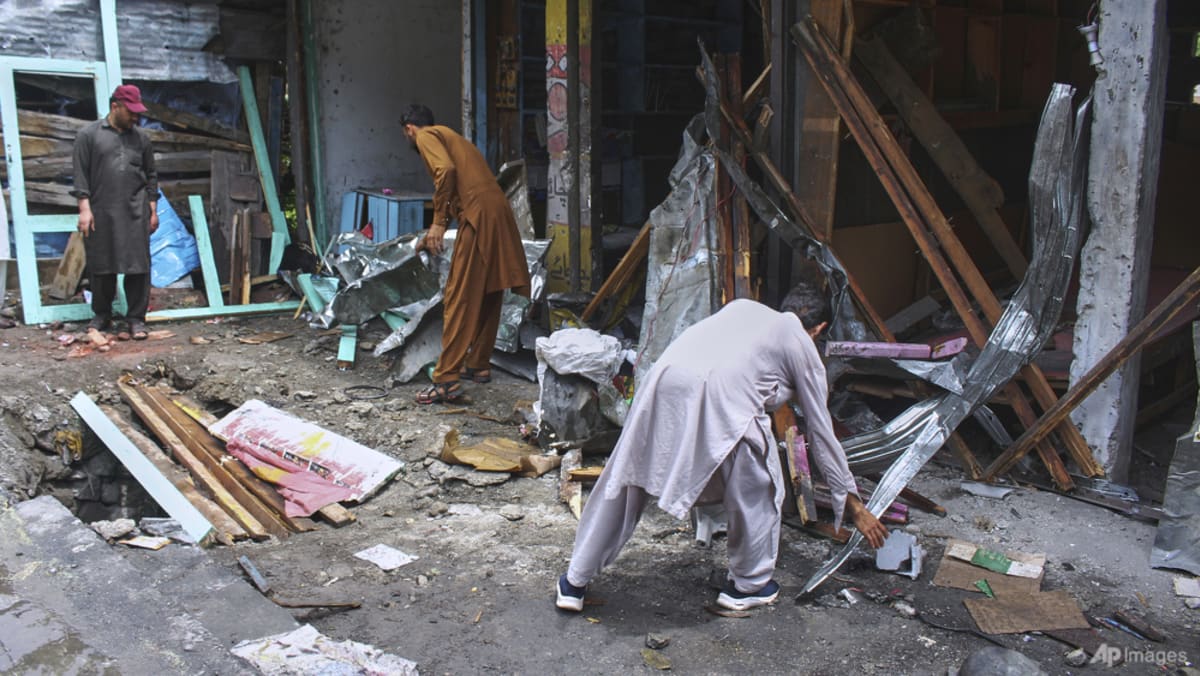PICKING UP THE PIECES
Among those most affected by the fighting were residents on either side of the border, many of whom fled their homes when the fighting began on Wednesday, two weeks after a deadly attack in Indian Kashmir’s Pahalgam that India said was backed by Islamabad.
Pakistan denied the accusation.
In the Indian border city of Amritsar, home to the Golden Temple revered by Sikhs, people returned to the streets on Sunday morning after a siren sounded to signal a return to normal activities following the tension of recent days.
“Ever since the terrorists attacked people in Pahalgam, we have been shutting our shops very early and there was an uncertainty. I am happy that at least there will be no bloodshed on both sides,” said Satvir Singh Alhuwalia, 48, a shopkeeper in the city.
In some border areas, however, people were asked not to return home just yet. In the Indian Kashmir city of Baramulla, authorities warned residents to stay away due to the threat posed by unexploded munitions.
“People here are hosting us well but just as a bird feels at peace in its own nest, we also feel comfortable only in our own homes, even if they have been damaged,” said Azam Chaudhry, 55, who fled his home in the Pakistani town of Khuiratta and has now been told to wait until Monday before returning.
In Indian Kashmir’s Uri, a key power plant that was damaged in a Pakistani drone attack is still under repair.
“The project has suffered minor damage … We have stopped generation as the transmission line has been damaged,” said an official from state-run NHPC, India’s biggest hydropower company, who did not want to be identified.
